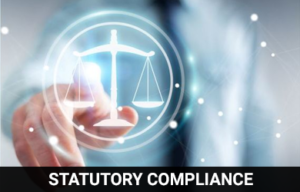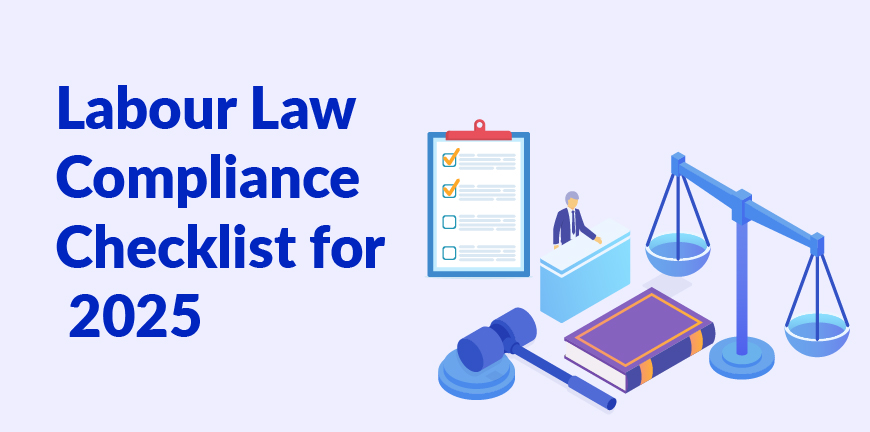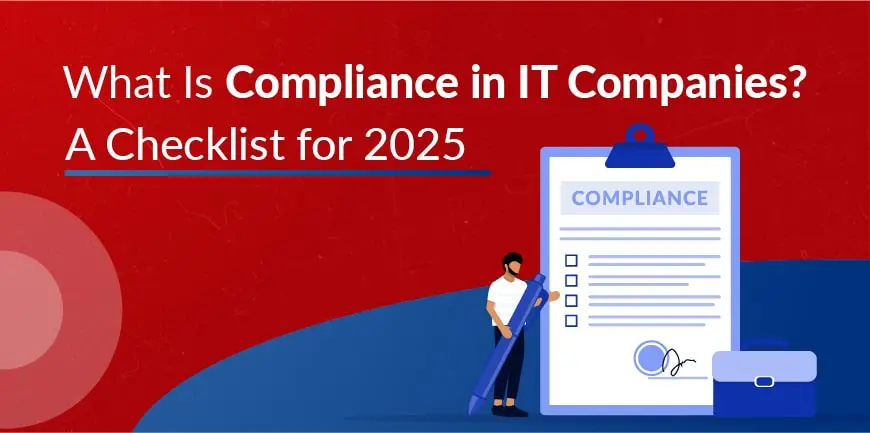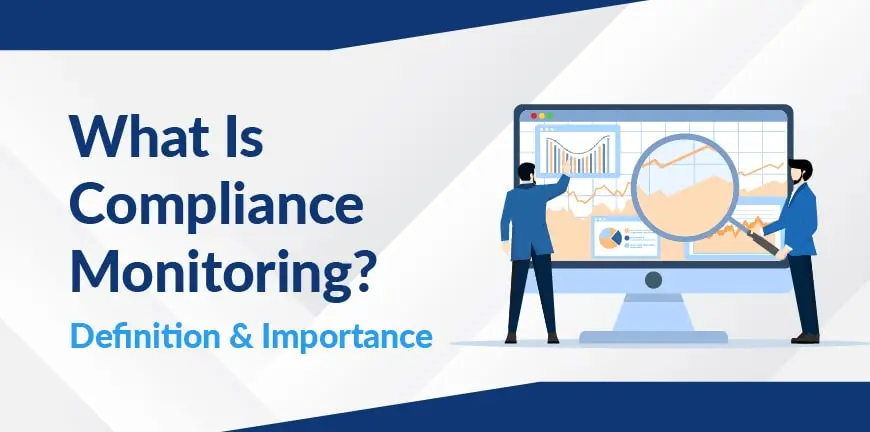Any enterprise that employs 20 or more people automatically falls under the purview of various Acts and Laws in India. Staying compliant with the multitude of laws can become a major problem but not if you have suitable software to take care of compliances. Take a look at the statutory compliances checklist below:
ESIC
Any enterprise with 20 or more employees whose individual monthly salary is below Rs 21000 must register with the Employees State Insurance Corporation under the ESI Act and make appropriate deductions, deposit it in the government account and file a return as part of statutory compliances.
Minimum wage
A business is obligated under the Minimum Wages Act 1948 to pay a fair and minimum wage rate, even if the worker is on a contractual basis. Failure to do so may invite penalties and legal action.
Provident Fund
Enterprises with 20 or more employees need to register with the EPFO and deduct contributions from the salaries and deposit it as well as file returns in time otherwise it becomes liable to penalties and even legal action.
Gratuity
The Payment of Gratuity Act 1972 applies to all institutions that employ more than 10 people and it is a contribution the employer makes and appropriate records need to be maintained.
Tax
The Income Tax Act 1961 stipulates that employers must deduct tax at source from the salary and deposit such amounts with the IT account along with suitable form 24Q and Form 16 and returns. Similarly, certain employees are subject to payment of professional tax that must be deducted from salary before computing income tax as part of statutory compliance requirement.
Then there are other schemes such as Employee Deposit Linked Insurance in which employers must contribhute 0.5% of the employee’s wage up to a maximum of Rs 6500. Then there is the Maternity Benefit Act, Equal Remineration Act and other Acts to keep in mind and ensure statutory compliance.
It is a challenge to carry out all these processes manually. For one, HR personnel in charge of payroll may not even be aware of all compliances. Secondly, they may not be updated about recent amendments or be able to carry out the process in time. Then they have to prepare a statutory compliance checklist and check each individual item every month.

The solution
Enterprises may choose to put in place a suitable statutory compliant software that will handle payroll with time attendance integration and the facility to generate forms, fill them and file with appropriate authorities well in time, with zero error. Another option is to simply outsource statutory compliances and be totally safe. Expert consulting services have the personnel and resources for speedy, precise and error free HR processes.
Employers constantly face the issue of employee turnover and if this happens in the HR department their payroll operations can be affected until a new employee becomes familiar. Outsourcing to Alp Consulting ensures continuity of services and timely compliance with all prevailing rules and regulations. A situation never arises where a government department issues a notice or institutes proceedings and penalties.



